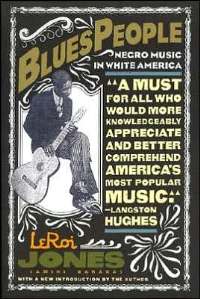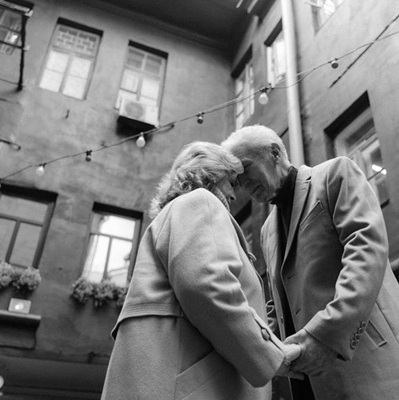Amiri Baraka, the poet, author, playwright and activist who, as described by the New York Times, “spent his early career as a beatnik, his middle years as a black nationalist and his later ones as a Marxist,” died on January 9 at the age of 79. In Blowin’ Hot and Cool: Jazz and its Critics, John Gennari called him “the pioneer and preeminent symbol of the 1960’s black cultural revolution” who, along with Malcolm X, Eldridge Cleaver, Stokely Carmichael, and Huey Newton gave “black power a distinctive masculinist intonation.”
As a jazz and blues writer, he was brilliant, essential, astute and polarizing. Of Baraka’s writing in the 1960’s (while LeRoi Jones), Stanley Crouch — himself a brilliant and polarizing jazz writer — said that he was “the first Negro voice that sailed to the center of my taste by combining the spunk and the raw horrors of the sidewalk with the library, then shooting for an elegant mishandling of the form.” In 2002, Crouch called his work after the 1960’s “an incoherent mix of racism, anti-Semitism, homophobia, black nationalism, anarchy and ad hominem attacks relying on comic book and horror film characters and images that he has used over and over and over.” Baraka’s website touts that he used his writings as “a weapon against racism.”
Blues People: Negro Music in White America — his classic 1963 book on jazz and blues — was praised at the time in the New York Herald Tribune by Nat Hentoff as “the first attempt to place the entire continuum of the black man’s music in this country in the context of his cultural history as an American.” Conversely, Invisible Man author Ralph Ellison wrote of the same book: “The tremendous burden of sociology which Jones would place upon this music is enough to give even the blues the blues.”
Blues People was one of the first “jazz books” I ever owned, and I often imagined myself discussing it with him. It is with great regret now that I was never able to summon the courage to approach him about an interview — maybe it was because I couldn’t ever quite convince myself that I was properly prepared for the experience…
There are several informative tributes and obituaries worth reading:
New York Times obituary by Margalit Fox
Poet Carl Hancock Rux pays tribute to Baraka
Questlove writes about Baraka in the New York Times
“In Defense of Amiri Baraka,” by Joshua Furst
“Amiri Baraka’s First Family,” by Hilton Als in The New Yorker
__________

Read a book excerpt
__________
Democracy Now‘s documentary on Baraka’s life
.














































question what does it mean to be a black beatnik